Honduras Extends US Extradition Treaty After Initially Pledging to End It
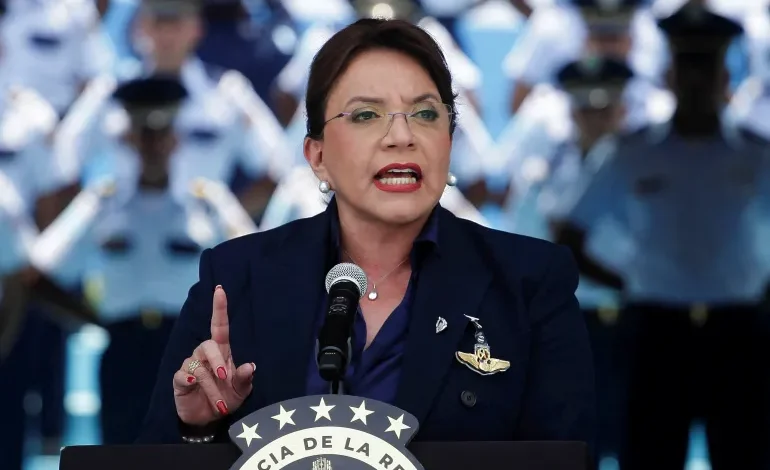
Honduran President Xiomara Castro announced on Tuesday that her government has reached an agreement with the United States to extend the existing extradition treaty between the two countries, Al Jazeera reports.
This decision comes after Castro previously vowed to discontinue the agreement, which she had criticized as an example of undue US influence in Latin American affairs.
The treaty was slated to expire in just ten days, but President Castro stated via social media that the renewed agreement will include “safeguards” to protect Honduras’ sovereignty. She emphasized that these safeguards would ensure the treaty’s “objective application.
The US had been urging Honduras to continue the treaty, which has proven instrumental in the extradition of high-profile figures, including former President Juan Orlando Hernandez and former police chief Juan Carlos Bonilla. Hernandez, despite being a former staunch ally of the US who rose to power on a “law and order” platform, was extradited to the US in April 2022. He was subsequently convicted of using his position to shield powerful drug traffickers and sentenced to 45 years in prison.
This development marks a reversal from Castro’s previous stance. In August, her government declared its intention to allow the treaty to expire, accusing the US of interfering in Honduran politics and plotting a coup against her administration and the armed forces.
President Castro’s husband, Manuel Zelaya, was himself ousted in a 2009 right-wing military coup backed by the business community. While the Obama administration eventually condemned the coup, critics argue that the US did little to prevent it. Following a period of repression, Castro, Zelaya’s wife, returned to politics and was elected president in January 2022.
The newly negotiated agreement, according to Castro, also contains guarantees for the “integrity of the armed forces” in Honduras.
Despite positioning herself as a leftist and a critic of US intervention in the region, Castro’s government has maintained a collaborative relationship with the US on issues such as law enforcement and immigration.
This announcement comes on the heels of recent criticism from US Ambassador Laura Dogu regarding a meeting between Honduran officials and Venezuelan Defence Minister Vladimir Padrino Lopez, who has been accused by the US of supporting drug trafficking
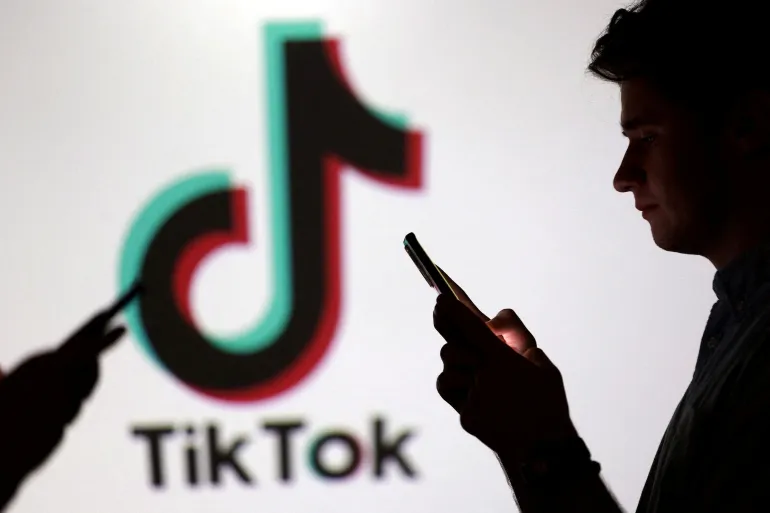

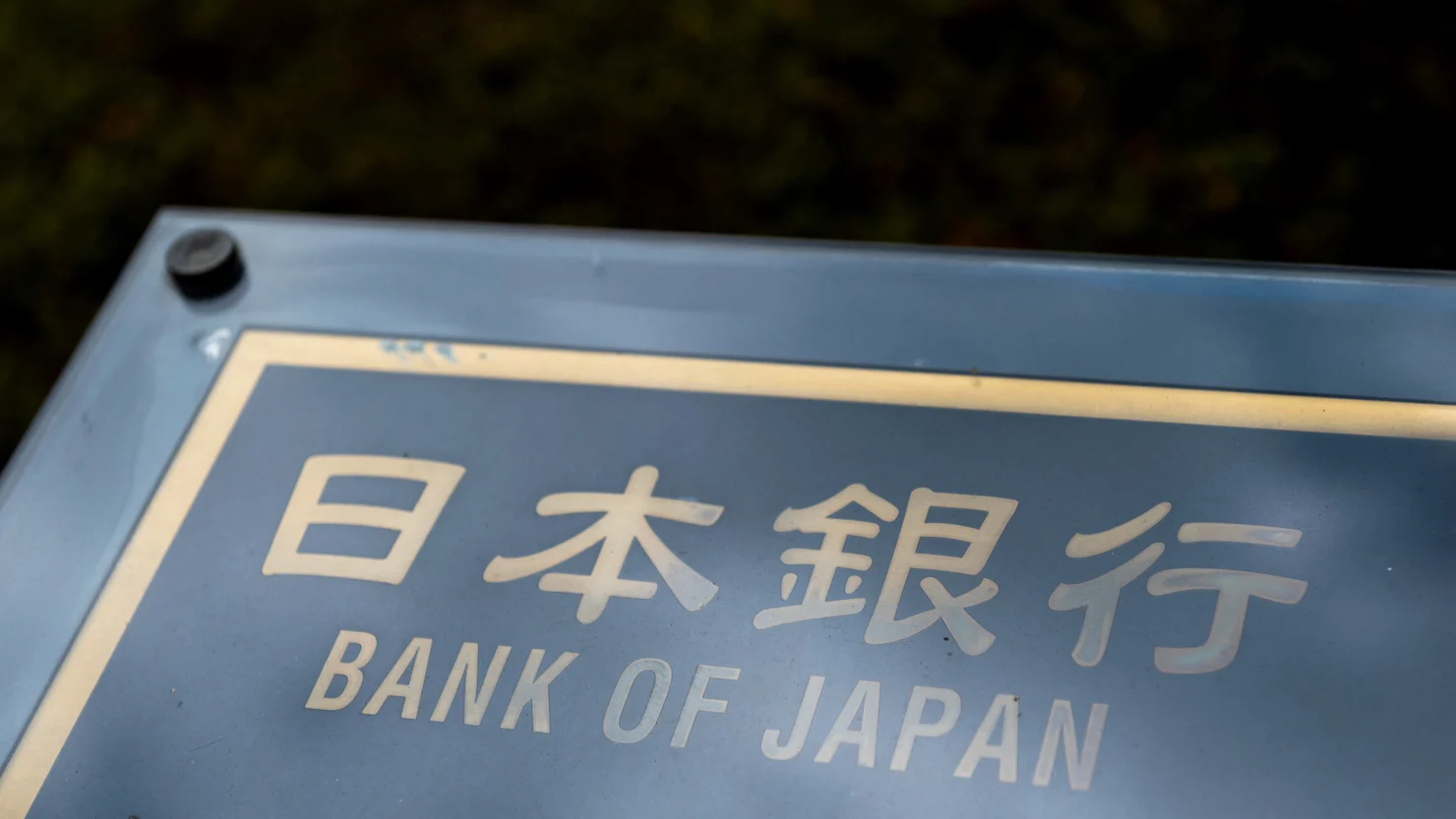
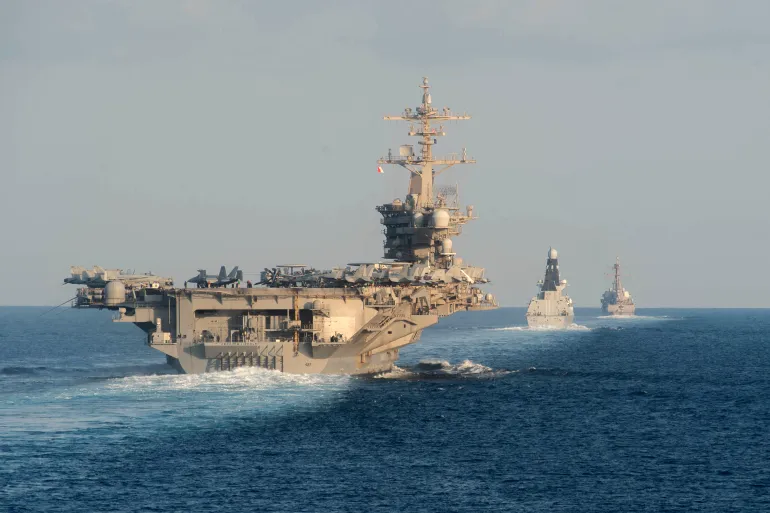
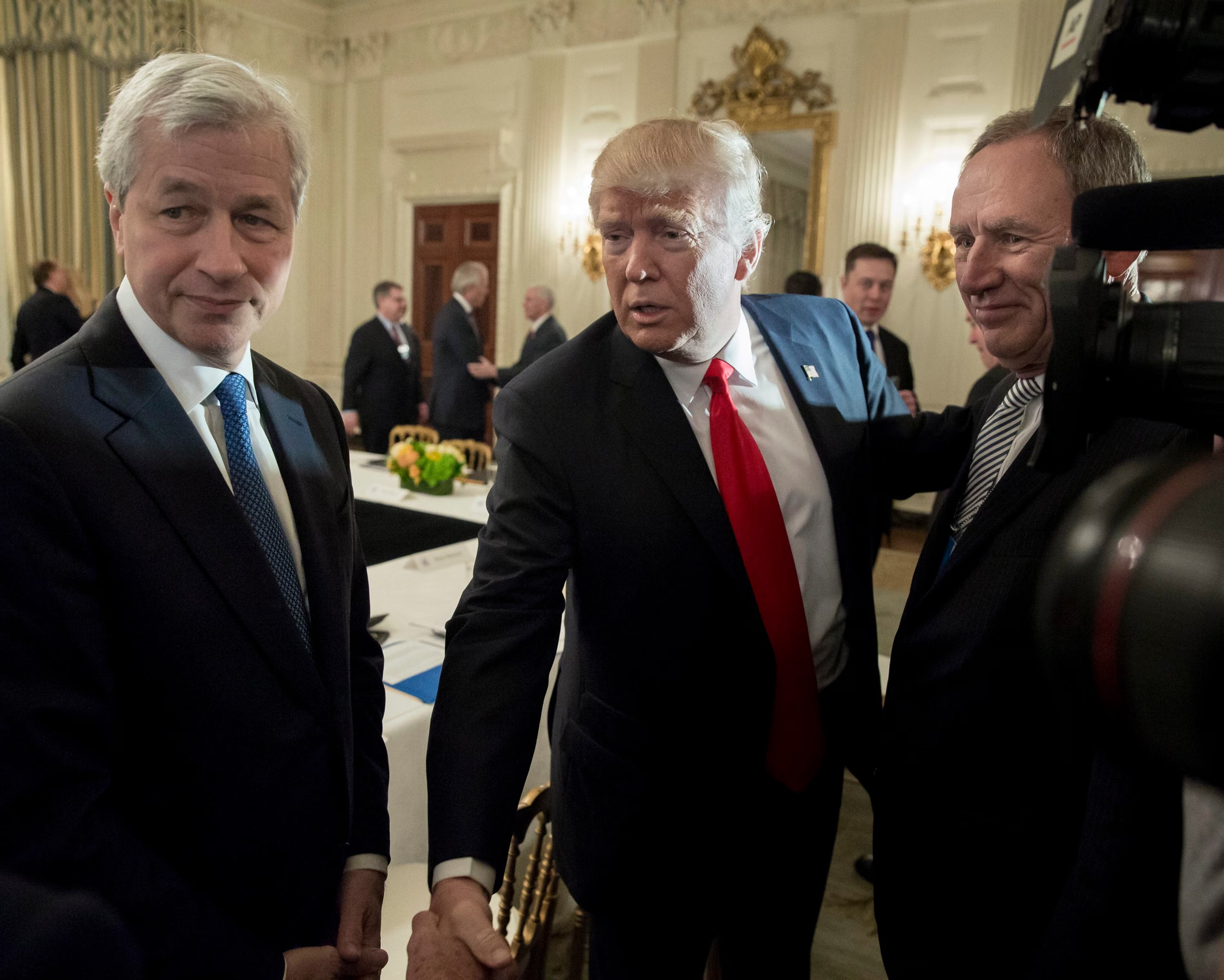




The latest news in your social feeds
Subscribe to our social media platforms to stay tuned